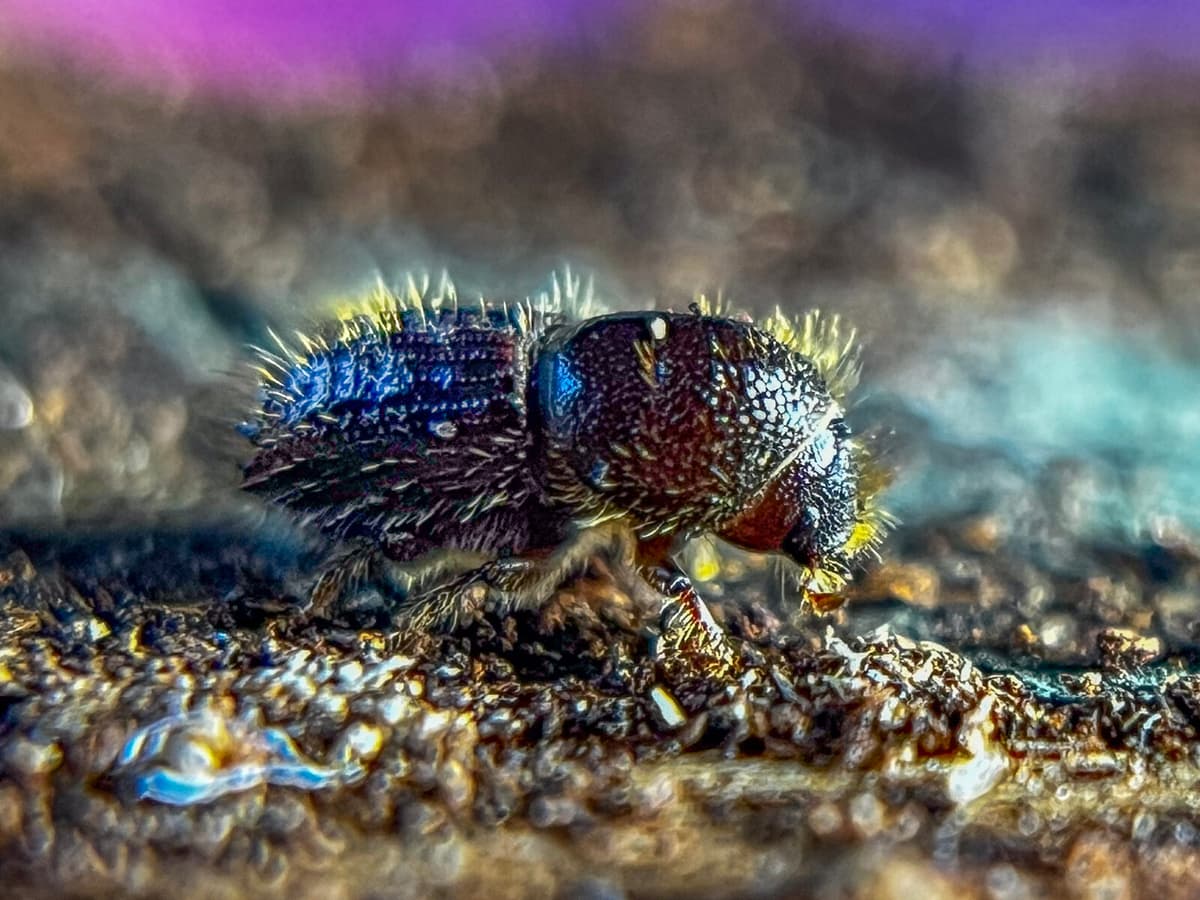The spruce bark beetle's rampage in Sweden since the unusually dry summer of 2018 has estimatedly killed 34 million cubic meters of spruce in the southern and central parts of the country.
But apart from killing the trees, the bark beetle also affects the forest's microclimate under the tree crowns, according to the study from Stockholm University.
The researchers note that the temperature among dead trees in affected forest stands on average is over two degrees warmer than among living trees on sunny days – which according to the researchers can lead to domino effects on the forest's biological diversity, the survival of tree seedlings, and affect human health during heatwaves.
In the stands where there are more deciduous trees, the warming effect does not appear to be as large – a result that the researchers believe is useful for forestry.
We need to diversify our forests. Mixed stands with more deciduous trees are not only less vulnerable to spruce bark beetle attacks, but also help to keep the forest cooler after the attack, says Caroline Greiser, landscape ecologist at Stockholm University and lead author of the study.






